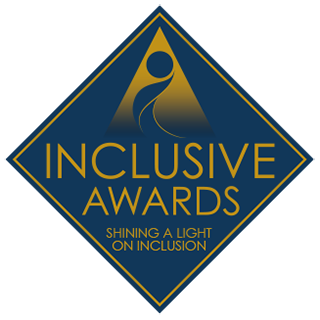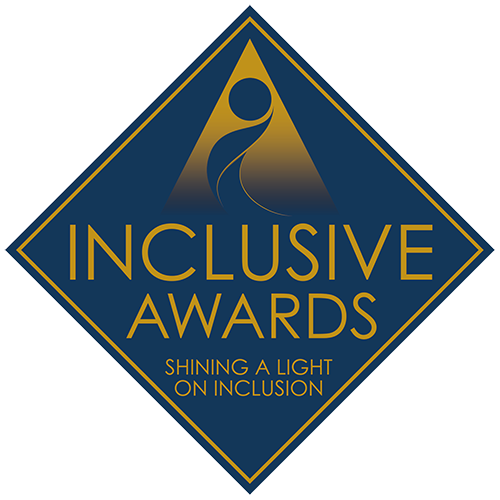I am a solo parent, a storyteller, a community builder, and a neurodivergent leader. I bring all of these identities with me into every room I enter – because I know from lived experience that inclusion is not a checklist, but a culture.
I currently serve as Chair of GamesAid, a UK-based video games charity that supports a range of small, underfunded charities helping children and young people. When I joined the board as a trustee in 2022, the organisation was in transition – and continues to be. I was elected Vice Chair in 2023, and in 2024 became Chair – the first woman of colour to hold the role. Since then, I’ve led a shift away from a wholly trustee-led model to a more sustainable, team-led structure. We now employ three full-time staff members, creating the conditions for long-term continuity and care.
This shift hasn’t just been operational – it’s cultural. I’m currently overseeing a refresh of the trustee board to reflect the future of the games industry, not just its past. That means making space for new voices, lived experiences, and forms of expertise – particularly those often overlooked in legacy models of leadership.
My approach is people-first. I prioritise psychological safety, clarity of purpose, and the wellbeing of our young team. I understand that work involving care – especially in charity and community contexts – can leave people especially vulnerable to burnout. So I lead with empathy, boundaries, and a commitment to creating structures that support rather than deplete. I don’t stay at a distance: I get stuck in, working alongside staff so I can understand their daily realities. That hands-on involvement informs everything from strategic decisions to advocacy and governance – because inclusive leadership isn’t abstract; it’s relational, responsive, and rooted in trust.
But my work with GamesAid is just one part of a longer story. My career spans two decades across journalism, publishing, tech, marketing, and creative direction – with a consistent thread of advocating for equity and representation. Whether running an Afrofuturist festival in partnership with the British Library, mentoring marginalised creators, or launching cooperatively led initiatives, I’ve sought to amplify unheard voices and redistribute power wherever I can.
Personally, I’ve faced significant barriers. I grew up between cultures, continents, and expectations, navigating racism, family pressure, and the isolation that so often comes with neurodivergence. I was diagnosed late in life with both autism and ADHD – after years of masking, burnout, and misunderstanding. These experiences shaped how I show up: with compassion, creativity, and a refusal to let status or systems define anyone’s worth. I want to break the cycles I’ve experienced.
In 2024, I made the difficult decision to leave a high-profile creative role at a global games studio where I had been consistently undervalued and blocked from progression, and as a final straw, bullied in response to my competence. That experience deepened my commitment to safer, more inclusive industry practice – and to creating spaces where people can flourish without fear of being silenced or sidelined.
In addition to my work with GamesAid, I lead on Community Engagement at October Books in Southampton, a cooperative, community-owned bookshop dedicated to inspiring social change, and serve as a director of the Sewing Hub, a CIC focused on inclusive making and repair. I also run a micro-business, Sirena Curiosa, selling mermaid-themed books, looks and curiosities and donating a portion of sales to Yellow Door, a local charity that helped me rebuild my life when I returned to my hometown after experiencing domestic violence.
I take on freelance projects that align with my values. Most recently, I was commissioned by the Children’s Media Foundation to produce a session and run a clinic on better employment practices in the screen industries at Develop:Brighton, as part of the BFI-funded Work Wise for Screen initiative.
I strive to lead by example – not only to hold open the door, but to question who built the room and whether it serves us all.
I don’t believe in perfection. I believe in process. In leadership that listens, adapts, and evolves. In moving from performative to participatory inclusion. I have cried in meetings. I have admitted when I didn’t know. I have learned how to stand firm with integrity, even when the cost was high.
This nomination means a great deal to me – not just as a personal honour, but as a signal that the kind of leadership I practise matters. That being relational, strategic, trauma-informed, and accountable is not a liability but a strength. That care is compatible with power. I want to be the kind of Chief Executive who builds ecosystems where others thrive.
I’m deeply proud of what we’ve achieved at GamesAid – but even prouder of how we’ve done it: with grace, grit, and generosity. This isn’t just my work. It’s shared. It’s co-created.



